Forged in Fire Winner Takes Inspiration from Victory
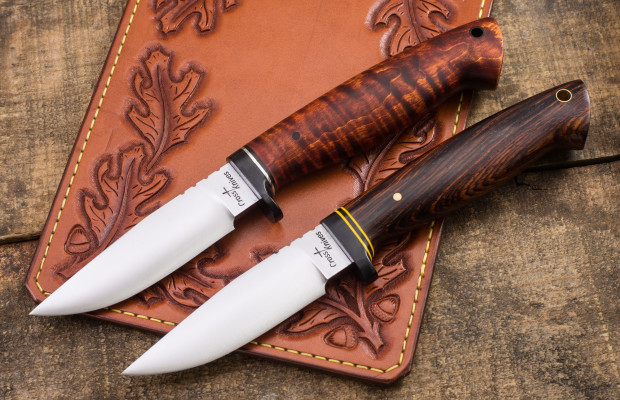
Today the knife community knows Pete Winkler as the man behind Cross Knives (formerly Buckeye Knives), a maker of custom outdoors fixed blades. But in 2016 Winkler also appeared on season 3 of The History Channel’s Forged in Fire show, and managed to take home first prize. It’s an experience that continues to influence his work to this day.
When he was tapped for the show, Winkler had only been in the knife business for seven years. He began as a hobbyist, applying handles to pre-made knife blanks. “As I went along, I decided I really wanted to learn steel, sheath making, designs – all those things,” Winkler tells us. So he began assembling tools, learning, making knives of his own. Winkler also hit the regional show circuit, attending some 30 shows a year in the early days, selling his work at low prices, taking the finanical hit to get his name out there.
Eventually, Winkler found himself being scouted for Forged in Fire. The show is an contest between four bladesmiths, divided into two challenges. The first is done on the Forged in Fire set. Winkler and his three competitors were tasked with creating a knife from junkyard scraps, using a hand-powered coal forge. “It was a pretty intense time. There’s a steep learning curve, but you have to learn fast,” Winkler tells us. But despite some setbacks, Winkler’s creation managed to impress judges Doug Marcaida, Jason Knight, and David Baker enough to make him a finalist in the Home Forge Challenge, alongside Oklahoma-based Jo Smith of Silver Anvil Blades.
The finalists were sent to their respective states to create a pandat, a fighting sword used by the Dayak people of Borneo. The pandat has an executioner-style blade and an offset handle. Most makers would balk, but Winkler was actually relieved. “When I saw [the pandat] I almost burst out laughing – it was the perfect weapon, I knew I could do this.” Ultimately Winkler took home the prize, impressing the judges with his rustic, high-performance take on the pandat.
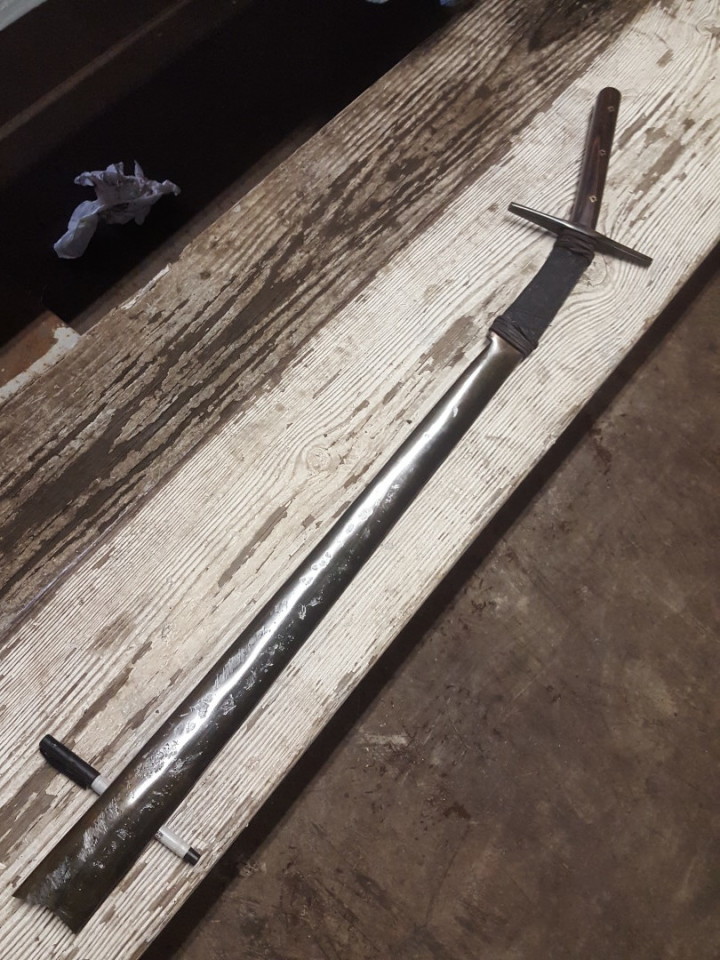
Winkler’s winning pandat
Viewers enjoy each episode of Forged in Fire as a smooth and slick 45 minutes of reality programming, but the experience is different for contestants. Winkler saw quite a bit of downtime as the crew readied the next segment, organized transport to and from the locations, and even conducted filming with other sets of contestants for other episodes. “There’s a lot of sitting and waiting. It doesn’t run like clockwork.”
He also says that after the show aired, his sales didn’t skyrocket overnight. “I didn’t see a huge increase in immediate orders, but there was a massive jump in social media attention.” Winkler had fans before the show, but afterwards his name spread like wildfire in the collector communities. “The name recognition was exponential after that first week, it was incredible.” Cross Knives has come a well-known purveyor of high-end fixed blades. Winkler says that most of his work these days is stock removal, not forging, but he’d like that to change. “I’d like to slow down and do more of them like that.”
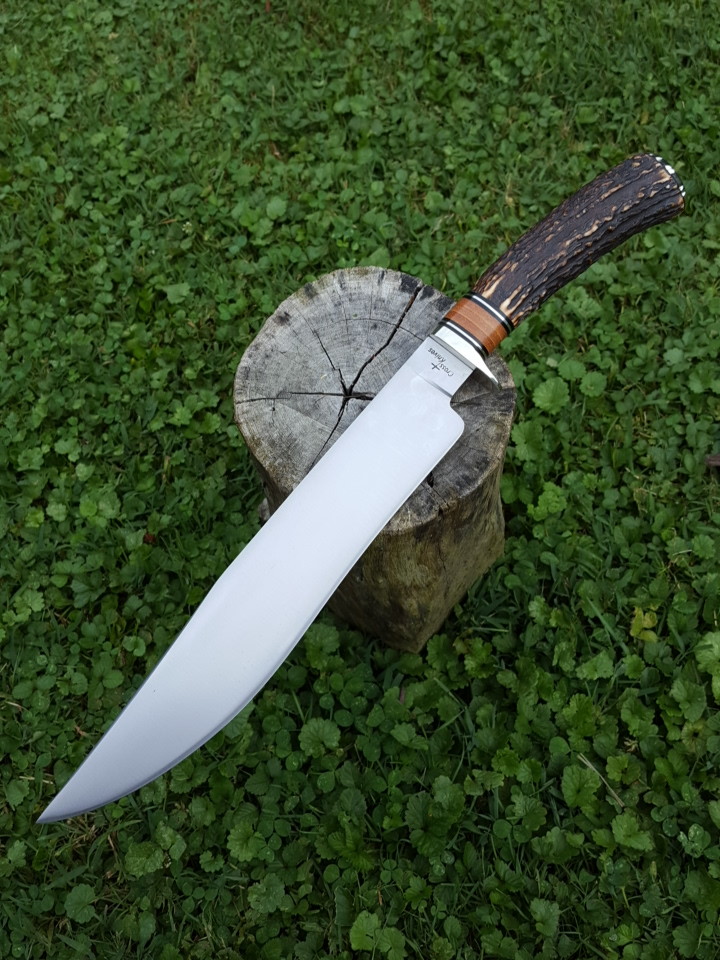
Custom Bowie
Unfortunately, Forged in Fire kept Winkler’s winning pandat. He’s received a few inquiries for custom pandats, but doesn’t see the immense weapon becoming a staple in his lineup. Instead, he found inspiration in its size and relative light weight for other projects. Knives like his U.P. Skinner are large, and Winkler’s made some sizable custom bowie knives, but he wants to go further. He’s working on a plus-size chopper design tentatively titled the Appalachian Kukri. Winkler envisions this knife as a perfect combination of size and weight. “It’s going to be light. The blade stock will be less than a quarter-inch thick.”
As for competing again, Winkler was asked to make a return appearance on Forged in Fire, but couldn’t make it due to other obligations. He says that if the call comes again he already knows what his answer will be. “I would still be open to doing that if the call ever came.”
Knife featured in image: Cross Knives Forged Hunter


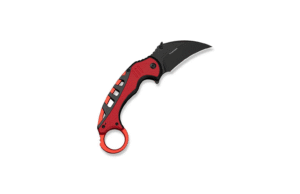
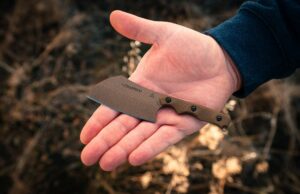
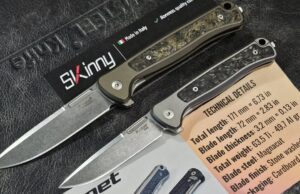
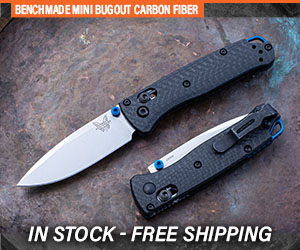
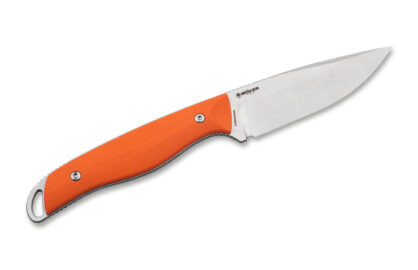




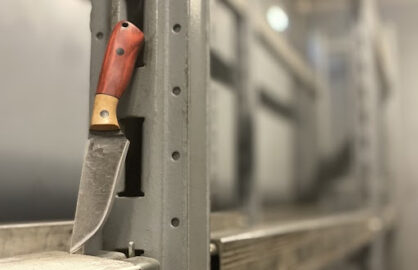
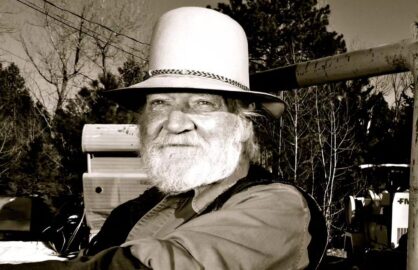
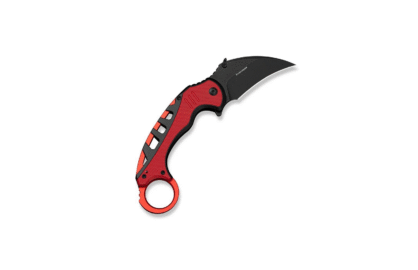
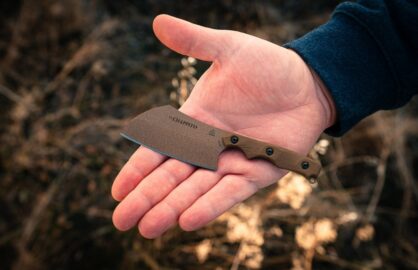
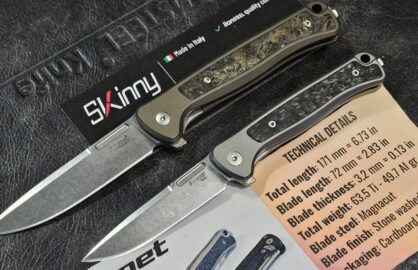
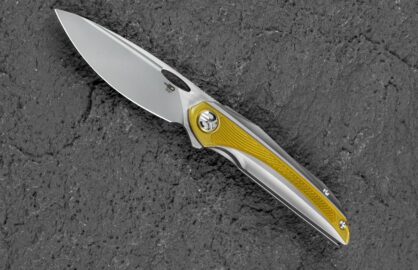
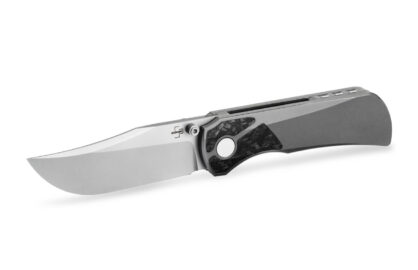



0 comments